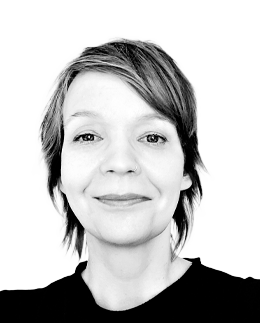
The National Educational Panel Study (NEPS) is carried out by the Leibniz Institute for Educational Trajectories (LIfBi) at the University of Bamberg. It is run by an interdisciplinary network of excellence led by Prof. Dr. Cordula Artelt. The NEPS aims to collect longitudinal data on the development of competencies, educational processes, educational decisions, and returns to education throughout the life span and in different educational stages.
Within the National Educational Panel, the DZHW is responsible for surveying educational careers and competence development during higher education and for collecting data on occupational careers after higher education. In particular, the institute is concerned with conceptualising a longitudinal study with randomly selected first-year students of the winter semester 2010/2011 (NEPS Starting Cohort 5).
The key questions concern
- Students' competencies and the development of competencies during the course of their studies: Which subject-specific and generic competencies do students possess? To what extent does the acquisition of competencies depend on the type of higher education institution, the field of study, and educational experiences?
- Educational decisions during the course of studies and academic achievement: what are the determinants of successful graduation and transitions during higher education - such as dropping out, changing fields of study, studying abroad, starting a Master's programme? What role do competencies play in this, how important are social factors and educational experiences?
- Transitions to work and career success: how important for entering a career and career success are acquired competencies as opposed to formal qualifications (certificates), social origins, gender, and social and cultural capital?
The panel study of Starting Cohort 5 started in autumn 2010 and has since been continued in the form of several competence tests, telephone interviews, and online surveys. It is intended to accompany the study participants well into their professional career.
All NEPS data are available to the scientific community by the LIfBi Research Data Centre in form of an anonymous Scientific Use File. The data is a rich source of empirical analyses for the various disciplines concerned with educational and labour market processes. It also provides the basis for an improved education monitoring and expert advice for policy makers in Germany.
Since October 1st, 2014 an add-on study to NEPS Starting Cohort 5 has been concerned with (future) teachers in the sample (Teacher Education Panel, LAP).


